
Find Help
More Items From Ergsy search
-
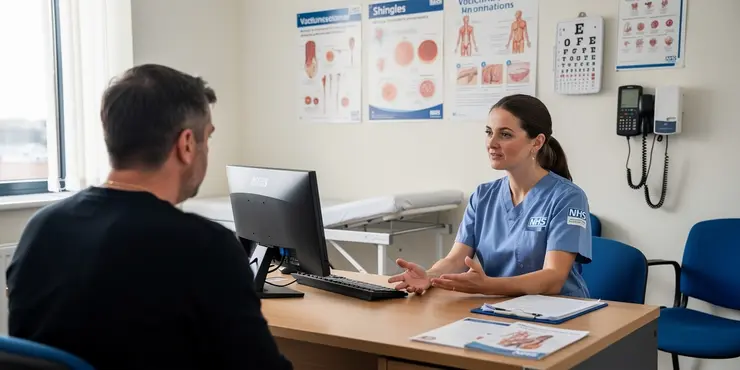
What causes shingles?
Relevance: 100%
-

What causes shingles?
Relevance: 99%
-

Can the shingles vaccine cause chickenpox?
Relevance: 92%
-

Can the shingles vaccine cause chickenpox?
Relevance: 91%
-

What is Shingles?
Relevance: 80%
-
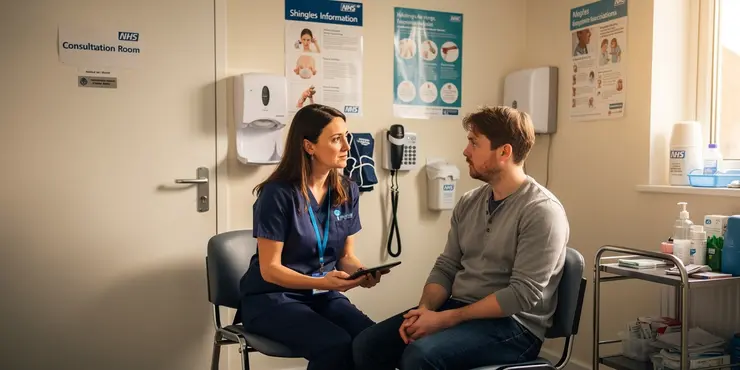
What is shingles?
Relevance: 80%
-

Is shingles contagious?
Relevance: 79%
-
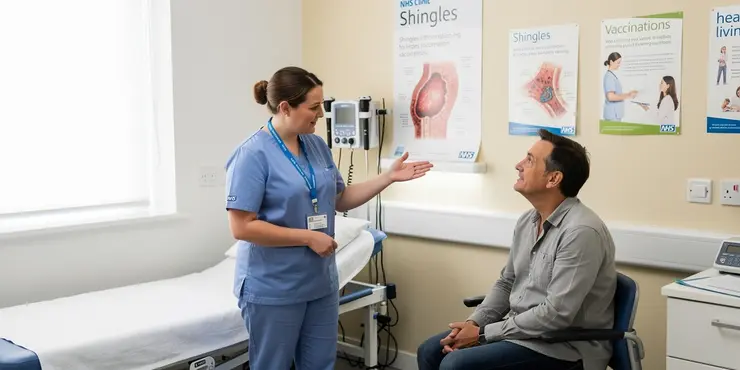
Is shingles contagious?
Relevance: 79%
-
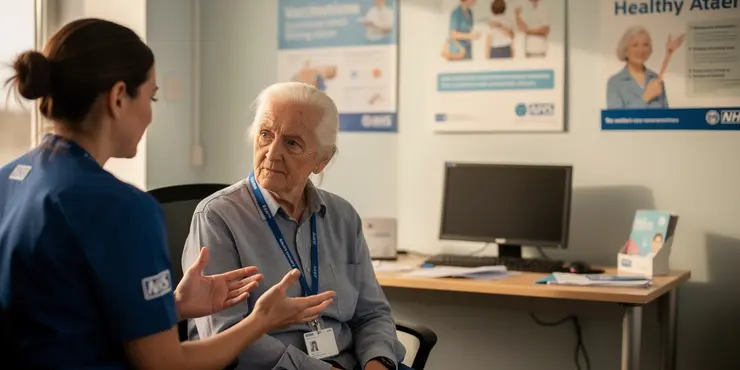
Can shingles be prevented?
Relevance: 76%
-
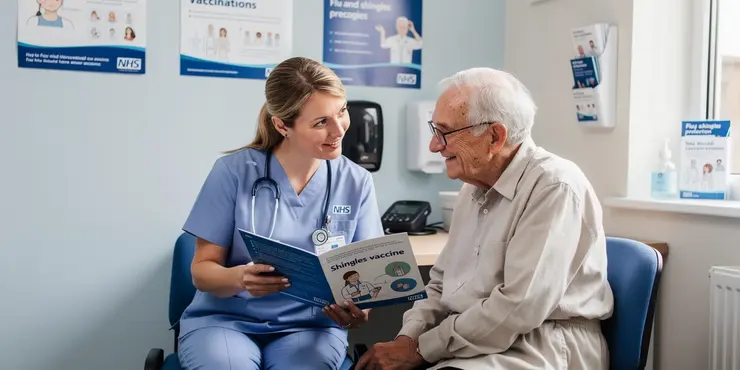
Is the shingles vaccine safe?
Relevance: 76%
-

What are the symptoms of shingles?
Relevance: 75%
-
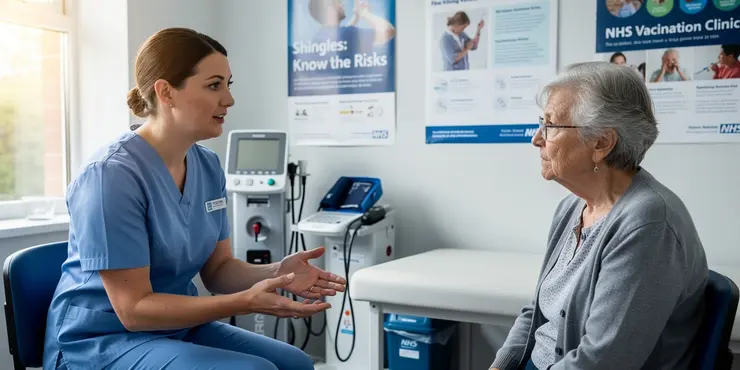
Are there any complications associated with shingles?
Relevance: 74%
-
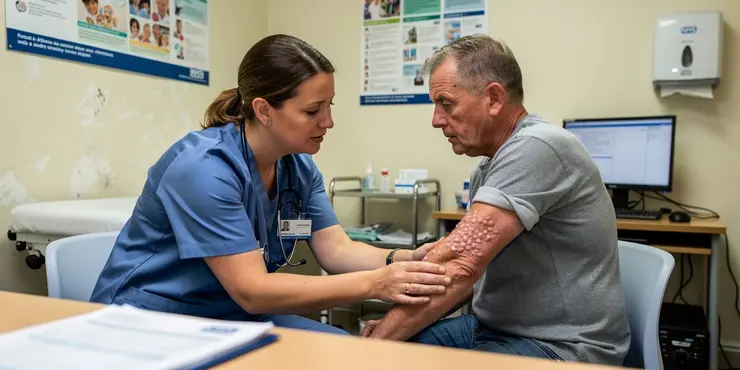
How is shingles diagnosed?
Relevance: 73%
-

Are there any complications associated with shingles?
Relevance: 73%
-
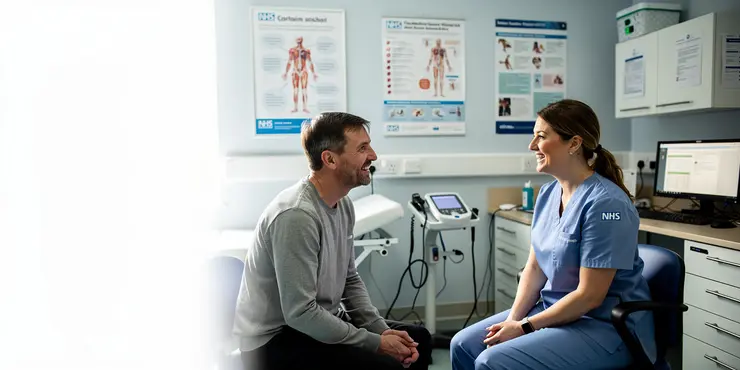
Can stress trigger shingles?
Relevance: 73%
-

Can stress trigger shingles?
Relevance: 73%
-

Can shingles be prevented?
Relevance: 72%
-

Who is at risk of developing shingles?
Relevance: 71%
-

What treatments are available for shingles?
Relevance: 71%
-
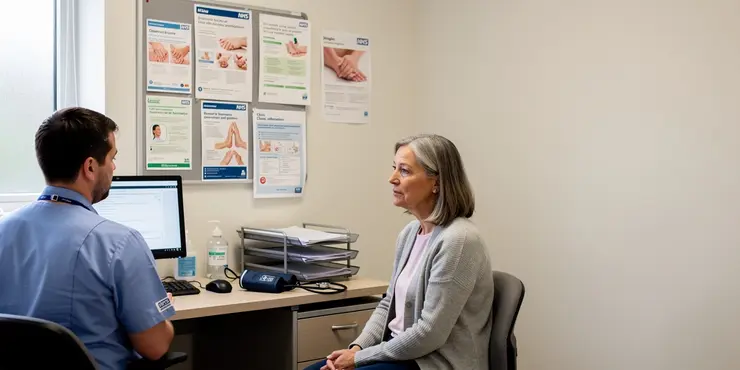
What treatments are available for shingles?
Relevance: 70%
-
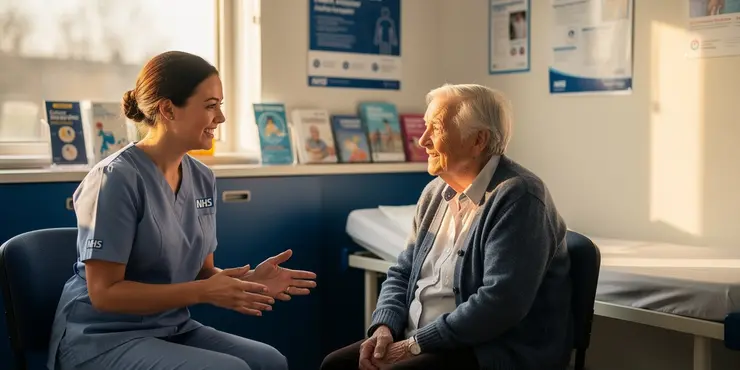
At what age should one get the shingles vaccine?
Relevance: 65%
-
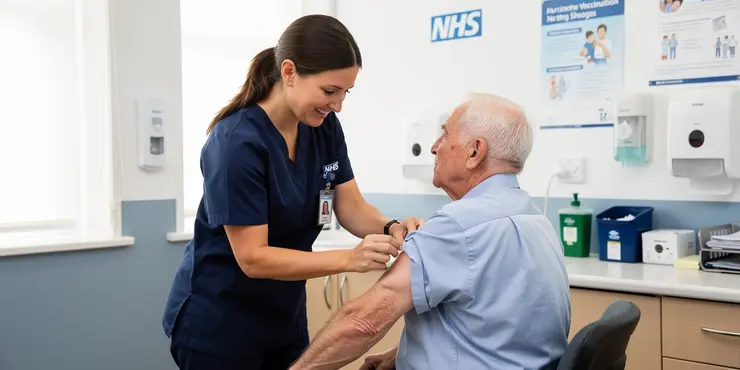
At what age should one get the shingles vaccine?
Relevance: 64%
-
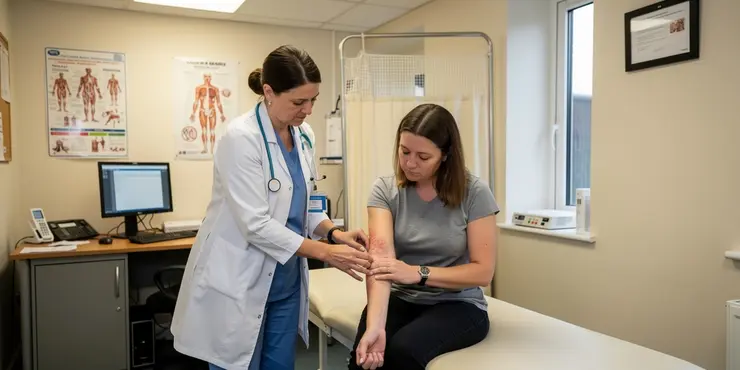
How is shingles diagnosed?
Relevance: 53%
-

Who is at risk of developing shingles?
Relevance: 50%
-
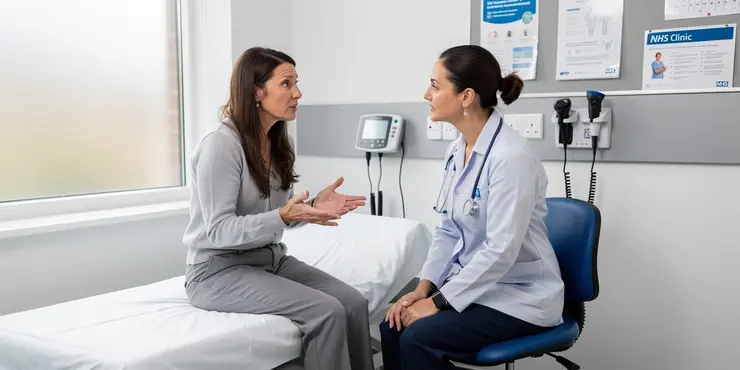
What should I do if I think I have shingles?
Relevance: 48%
-

How long does a shingles outbreak last?
Relevance: 46%
-

How long does a shingles outbreak last?
Relevance: 45%
-
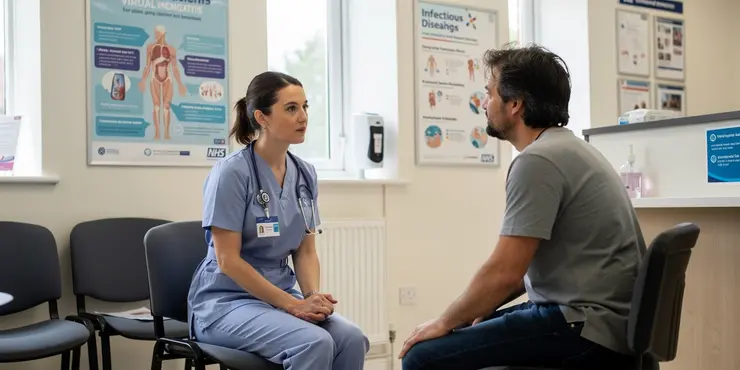
What causes viral meningitis?
Relevance: 42%
-
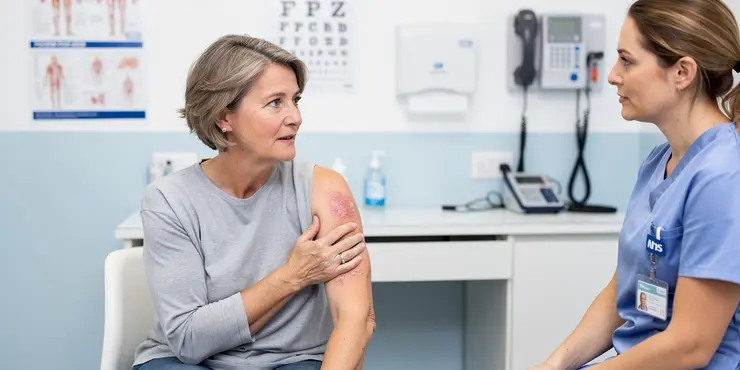
What is postherpetic neuralgia?
Relevance: 40%
-
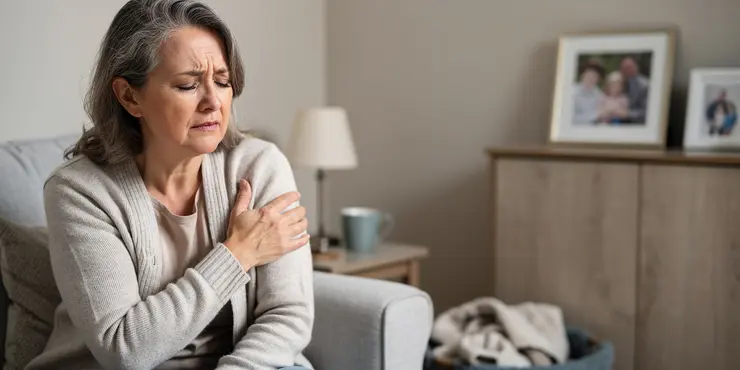
What is postherpetic neuralgia?
Relevance: 40%
-

Can you get chickenpox more than once?
Relevance: 35%
-

Can adults get chickenpox?
Relevance: 32%
-
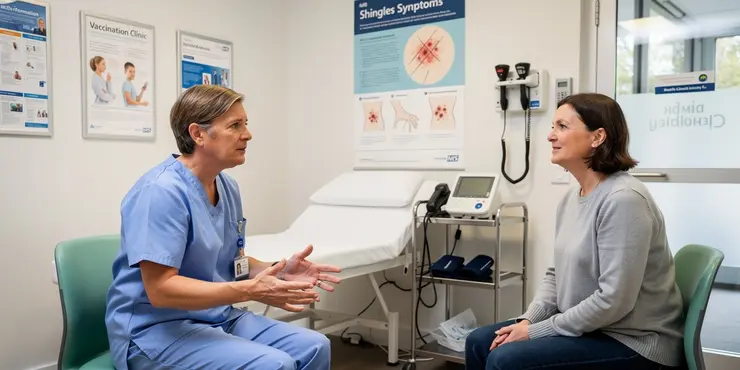
What are the symptoms of shingles?
Relevance: 32%
-

Causes of a sore throat
Relevance: 31%
-

What causes hypotony?
Relevance: 30%
-
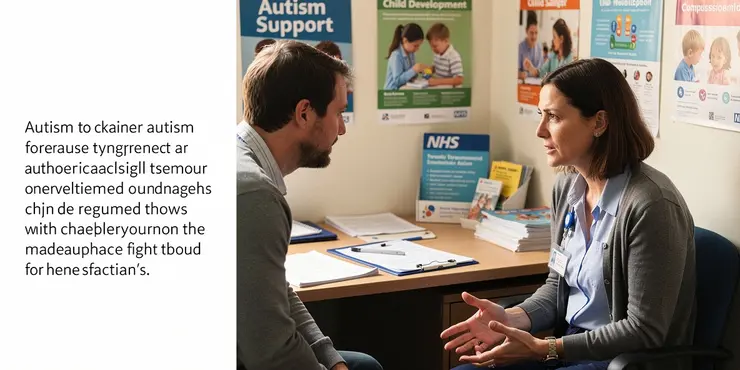
What causes autism?
Relevance: 30%
-
What causes tinnitus?
Relevance: 30%
-

BSL - Causes of insomnia
Relevance: 30%
-
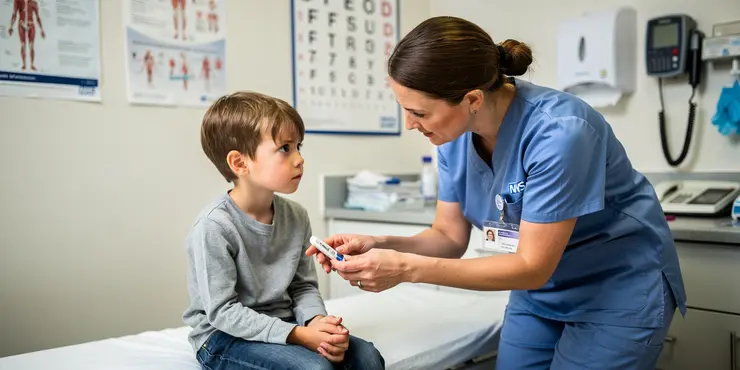
What causes appendicitis?
Relevance: 30%
-
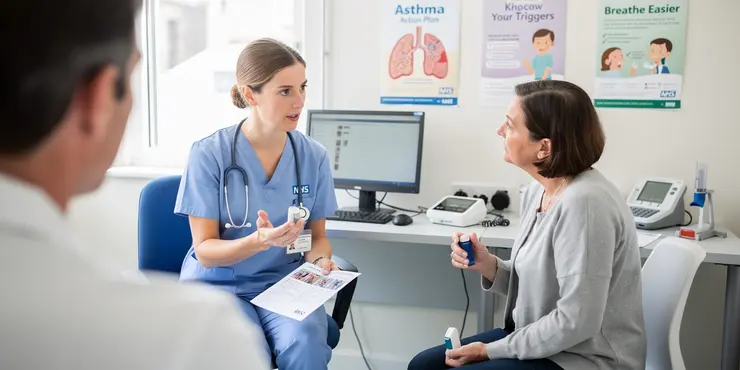
What causes asthma?
Relevance: 30%
Introduction to Shingles
Shingles, also known as herpes zoster, is a painful skin rash caused by the reactivation of the varicella-zoster virus, the same virus responsible for chickenpox. It predominantly affects older adults and individuals with weakened immune systems. Understanding the causes of shingles can help in managing and potentially preventing this uncomfortable condition.
The Varicella-Zoster Virus
The root cause of shingles lies in the varicella-zoster virus, a member of the herpesvirus family. After an individual recovers from chickenpox, the virus does not leave the body but rather remains dormant in the nervous system. Specifically, it hides within nerve tissues near the spinal cord and brain. This dormancy can last for decades without any noticeable symptoms.
Reactivation of the Virus
The re-emergence of the varicella-zoster virus triggers shingles. Several factors can contribute to the reactivation of this dormant virus, leading to the development of shingles. Age is a significant factor, with a higher incidence observed in people over the age of 50. As the immune system naturally weakens with age, the body becomes less effective at keeping the virus inactive.
Risk Factors for Shingles
One of the primary risk factors for developing shingles is a weakened immune system. Individuals with conditions that compromise immune function, such as HIV/AIDS, cancer, or autoimmune diseases, are more vulnerable. Treatments and medications that suppress the immune system, such as chemotherapy or prolonged use of corticosteroids, can also increase the risk.
Additionally, stress and trauma have been considered potential triggers for the virus. Psychological stress and physical injury might disrupt the immune system’s balance, allowing the virus to reactivate. Research indicates that certain links may exist between emotional stress and shingles outbreaks, although the evidence continues to evolve.
Preventative Measures
Reducing the risk of shingles largely involves supporting a healthy immune system. Vaccination is an effective preventive measure available in the UK. The shingles vaccine is offered to people in their 70s, helping to awaken the immune response and protect against the development of shingles. Maintaining a balanced diet, managing stress, and ensuring regular exercise can also contribute to a robust immune system.
Conclusion
In summary, shingles is caused by the reactivation of the varicella-zoster virus, often provoked by factors such as age and immune system weakening. Understanding these causes and risk factors is vital for prevention and early management. Vaccination and a healthy lifestyle are key steps in reducing the risk of shingles, ensuring better health outcomes for those susceptible. If you suspect you have shingles, consulting a healthcare professional is crucial for early diagnosis and treatment.
What is Shingles?
Shingles is a painful skin rash. It is caused by a virus. This virus also causes chickenpox. Most people who get shingles are older or have a weak immune system.
The Virus Behind Shingles
Shingles is caused by the varicella-zoster virus. After you have chickenpox, the virus stays in your body. It hides in the nerves near your spine and brain. This virus can stay asleep for many years without causing any problems.
When the Virus Wakes Up
Sometimes, the virus wakes up. This causes shingles. This happens more often in people over 50 years old. As people get older, their immune systems get weaker, making it easier for the virus to wake up.
Who Gets Shingles?
People with weak immune systems have a higher chance of getting shingles. This includes people with diseases like HIV/AIDS or cancer. Certain medications, like chemotherapy, can also make you more likely to get shingles. Stress and injury can also trigger the virus to wake up.
How to Prevent Shingles
You can lower the risk of getting shingles by keeping your immune system strong. In the UK, people in their 70s can get a vaccine to prevent shingles. Eating healthy foods, staying active, and managing stress also help keep your immune system strong.
Wrapping Up
Shingles happens when a virus wakes up in the body. This is more common as people get older or if they have weak immune systems. Getting a vaccine and leading a healthy life can help prevent shingles. If you think you have shingles, see a doctor right away.
Frequently Asked Questions
What is the primary cause of shingles?
Shingles is primarily caused by the reactivation of the varicella-zoster virus, the same virus that causes chickenpox.
How does the varicella-zoster virus lead to shingles?
After a person recovers from chickenpox, the varicella-zoster virus remains dormant in the body's nerve tissues and can reactivate later as shingles.
What factors trigger the reactivation of the virus causing shingles?
Factors like aging, stress, a weakened immune system, or certain diseases can trigger the reactivation of the varicella-zoster virus.
Are older adults more at risk for shingles?
Yes, older adults are more at risk because the immune system tends to weaken with age, making it easier for the virus to reactivate.
Can stress cause shingles?
Yes, high stress levels can weaken the immune system and trigger the reactivation of the virus.
Does having a weak immune system contribute to shingles?
Yes, a weakened immune system can increase the risk of the varicella-zoster virus reactivating and causing shingles.
Can certain medical treatments induce shingles?
Yes, treatments that weaken the immune system, such as chemotherapy or steroids, can increase the risk of shingles.
Is there a genetic predisposition to developing shingles?
While not fully understood, some studies suggest there might be genetic factors influencing susceptibility to shingles.
Can physical trauma trigger shingles?
In some cases, physical trauma or surgery near nerves where the virus resides can potentially trigger shingles.
Does a history of chickenpox increase the risk of shingles?
Yes, a history of chickenpox means you carry the varicella-zoster virus, making you susceptible to shingles later in life.
Can people who have received the chickenpox vaccine get shingles?
While rare, it is possible for those who received the chickenpox vaccine to get shingles, but it tends to be milder.
How does HIV/AIDS affect the risk of shingles?
Individuals with HIV/AIDS have a weakened immune system, increasing their risk of developing shingles.
Can shingles be caused by exposure to someone with chickenpox?
Exposure to someone with chickenpox does not cause shingles, but it can cause chickenpox in those not previously infected or vaccinated.
Are there any preventive measures to avoid shingles?
Vaccines, such as the shingles vaccine, are available and recommended to reduce the risk of developing shingles.
Does shingles only appear once?
Shingles can recur, although most people will only experience it once in their lifetime.
Is shingles contagious?
Shingles itself is not contagious, but the virus can cause chickenpox in someone who has not had it or the vaccine.
What role does the shingles vaccine play in prevention?
The shingles vaccine helps train the immune system to better prevent the reactivation of the varicella-zoster virus.
Can shingles occur in children?
Shingles is rare in children, but it can occur, especially in those who contracted chickenpox at an early age.
How does corticosteroid use affect the risk of shingles?
Corticosteroids can suppress the immune system and may increase the risk of shingles.
Can pregnancy affect the likelihood of developing shingles?
Pregnancy itself doesn't typically increase the risk of shingles, but pregnant individuals with weakened immune systems may be at higher risk.
What causes shingles?
Shingles happens because of a virus. This virus is called the chickenpox virus. If you had chickenpox before, the virus stays in your body. It can wake up and cause shingles.
To help understand more, you can use pictures or watch a simple video about shingles.
Shingles happens when the chickenpox virus wakes up in your body. This virus is called the varicella-zoster virus.
How does the chickenpox virus cause shingles?
The chickenpox virus can hide in your body after you get better.
When you are older, the virus can wake up and cause shingles. It can make your skin hurt and have a rash.
Tools to help you understand:
- Pictures: Look at images of shingles and chickenpox. They can help you see the difference.
- Videos: Watch a simple video about chickenpox and shingles.
- Ask an adult: Talk to a grown-up if you have more questions.
When someone gets better from chickenpox, the virus stays asleep in the body. It can wake up later and cause an illness called shingles.
What makes the shingles virus come back?
Things like getting older, feeling worried, having a weak body, or being sick can make the chickenpox virus wake up again.
Do older people get shingles more often?
Yes, older people can get sick more easily. This is because the body's defense gets weaker as you get older. This makes it easier for a virus to come back.
Can being worried make you get shingles?
Yes, feeling very stressed can make it harder for your body to fight germs, and it can make the virus come back.
Can a weak body defense system cause shingles?
Yes, if your body's defenses are weak, you might have a higher chance of getting shingles. Shingles is caused by the varicella-zoster virus.
Can some medicines make you get shingles?
Yes, some treatments can make it easier to get shingles. These treatments can make your body's defenses weaker. They include things like chemotherapy or steroids.
Can you be more likely to get shingles because of your genes?
Some people may have a higher chance of getting shingles because of their genes. Genes are like instructions inside our bodies, given to us by our parents. They can sometimes make us more likely to get certain illnesses.
If you have questions about shingles or your health, you can talk to a doctor or a nurse. They can help you understand what might make you more likely to get shingles and how you can stay healthy.
You can also use pictures and videos to help you learn more. They can make things easier to understand.
Scientists don't know everything about it yet, but some studies say that your genes might make you more likely to get shingles.
Can getting hurt make you have shingles?
Sometimes, getting hurt or having surgery near nerves can make shingles happen.
Can having chickenpox make it more likely to get shingles?
If you had chickenpox before, you have the chickenpox virus inside you. This virus can make you get shingles when you are older.
Can you get shingles if you had the chickenpox vaccine?
Yes, people who got the chickenpox vaccine can still get shingles.
But, it is not as common.
Shingles is caused by a virus that stays in your body after chickenpox.
Even with the vaccine, the virus can wake up and cause shingles later.
If you have questions, you can:
- Ask your doctor.
- Look for more information in simple language.
- Use pictures or videos to help understand.
It is not very common, but people who got the chickenpox shot can sometimes get shingles. If they do, it is usually not as bad.
How does HIV/AIDS change the chance of getting shingles?
People with HIV/AIDS have a weaker system that fights off germs. This makes it easier for them to get shingles, which is a painful skin rash.
Can you get shingles from being near someone who has chickenpox?
Shingles is a skin rash. It's painful. It's from the same virus that gives you chickenpox. You can't catch shingles from someone else. But if you never had chickenpox, being near someone with chickenpox can make you sick with chickenpox.
If you have questions, it can help to talk to a doctor. You can also use apps or websites that read text out loud. This can help you understand better.
Being near someone with chickenpox won't give you shingles. But if you haven’t had chickenpox before or didn’t get the vaccine, you might catch chickenpox.
How can you stop shingles before it starts?
Here are some simple ways to help keep shingles away:
- Get the shingles vaccine. It can help protect you.
- Eat healthy foods to keep your body strong.
- Try to sleep well every night. Rest is important.
- Stay away from people who have chickenpox or shingles if you have not had chickenpox before.
If you're unsure, ask your doctor. They can give you advice.
Support tools you can use:
- Use pictures or drawings to make things clearer.
- Ask someone to read with you.
Vaccines help you stay healthy. The shingles vaccine can stop you from getting shingles.
Can you get shingles more than one time?
Shingles can happen again, but most people get it once in their life.
Can you catch shingles from someone?
Shingles does not spread from person to person. But the virus that causes shingles can give someone chickenpox if they have never had chickenpox or the chickenpox shot.
How does the shingles vaccine help stop shingles?
The shingles shot helps your body fight off shingles. It keeps the virus that causes chickenpox from coming back later.
Can kids get shingles?
Shingles is not common in kids. But sometimes, kids who had chickenpox when they were little can get it.
Can taking corticosteroids cause shingles?
Corticosteroids are medicines that can make the immune system weaker. This may mean you have a higher chance of getting shingles.
Here are some tools and tips to help you:
- Ask your doctor any questions you have.
- Use apps or websites that explain medical words simply.
- Look at pictures or videos to understand better.
Can being pregnant make it more likely to get shingles?
Being pregnant usually does not make it easier to get shingles. But if a pregnant person has a weak immune system, they might be more likely to get it.
Useful Links
This website offers general information and is not a substitute for professional advice.
Always seek guidance from qualified professionals.
If you have any medical concerns or need urgent help, contact a healthcare professional or emergency services immediately.
Some of this content was generated with AI assistance. We’ve done our best to keep it accurate, helpful, and human-friendly.
- Ergsy carfully checks the information in the videos we provide here.
- Videos shown by Youtube after a video has completed, have NOT been reviewed by ERGSY.
- To view, click the arrow in centre of video.
- Most of the videos you find here will have subtitles and/or closed captions available.
- You may need to turn these on, and choose your preferred language.
- Go to the video you'd like to watch.
- If closed captions (CC) are available, settings will be visible on the bottom right of the video player.
- To turn on Captions, click settings .
- To turn off Captions, click settings again.
More Items From Ergsy search
-

What causes shingles?
Relevance: 100%
-

What causes shingles?
Relevance: 99%
-

Can the shingles vaccine cause chickenpox?
Relevance: 92%
-

Can the shingles vaccine cause chickenpox?
Relevance: 91%
-

What is Shingles?
Relevance: 80%
-

What is shingles?
Relevance: 80%
-

Is shingles contagious?
Relevance: 79%
-

Is shingles contagious?
Relevance: 79%
-

Can shingles be prevented?
Relevance: 76%
-

Is the shingles vaccine safe?
Relevance: 76%
-

What are the symptoms of shingles?
Relevance: 75%
-

Are there any complications associated with shingles?
Relevance: 74%
-

How is shingles diagnosed?
Relevance: 73%
-

Are there any complications associated with shingles?
Relevance: 73%
-

Can stress trigger shingles?
Relevance: 73%
-

Can stress trigger shingles?
Relevance: 73%
-

Can shingles be prevented?
Relevance: 72%
-

Who is at risk of developing shingles?
Relevance: 71%
-

What treatments are available for shingles?
Relevance: 71%
-

What treatments are available for shingles?
Relevance: 70%
-

At what age should one get the shingles vaccine?
Relevance: 65%
-

At what age should one get the shingles vaccine?
Relevance: 64%
-

How is shingles diagnosed?
Relevance: 53%
-

Who is at risk of developing shingles?
Relevance: 50%
-

What should I do if I think I have shingles?
Relevance: 48%
-

How long does a shingles outbreak last?
Relevance: 46%
-

How long does a shingles outbreak last?
Relevance: 45%
-

What causes viral meningitis?
Relevance: 42%
-

What is postherpetic neuralgia?
Relevance: 40%
-

What is postherpetic neuralgia?
Relevance: 40%
-

Can you get chickenpox more than once?
Relevance: 35%
-

Can adults get chickenpox?
Relevance: 32%
-

What are the symptoms of shingles?
Relevance: 32%
-

Causes of a sore throat
Relevance: 31%
-

What causes hypotony?
Relevance: 30%
-

What causes autism?
Relevance: 30%
-
What causes tinnitus?
Relevance: 30%
-

BSL - Causes of insomnia
Relevance: 30%
-

What causes appendicitis?
Relevance: 30%
-

What causes asthma?
Relevance: 30%


